Specialist Doctor 2 Nguyen My Bao Anh, Department of Cardiology, Nam Sai Gon International General Hospital replied, every year there are hundreds of thousands of people who die from cardiovascular diseases, in many cases there are no warning symptoms. Known as the "silent killer", heart disease can progress silently for many years. However, with just a few simple methods at home, you can completely identify the risk early for timely examination and treatment.
Many dangerous cardiovascular diseases such as high blood pressure, dyslipidemia, atherosclerosis... often have no obvious symptoms and can progress silently for many years. Many people only discover the disease when they fall into an emergency situation such as stroke or myocardial infarction. According to statistics, each year, cardiovascular disease takes the lives of about 200,000 people in Vietnam - an alarming number.
Cardiovascular disease often progresses silently.
PHOTO. AI
"Cardiovascular disease is considered a 'silent killer', but if you know how to listen to your body and pay attention to unusual signs, you can completely proactively detect it early for timely treatment," Dr. Bao Anh shared.
5 things to do at home to help detect cardiovascular risks early
Doctor Bao Anh shares 5 things that can help monitor and detect cardiovascular risks early at home, including:
- Measure blood pressure regularly.
- Monitor your resting heart rate.
- Watch for signs of leg swelling, shortness of breath, and fatigue.
- Check your waist and weight.
- Monitor blood lipids and blood sugar regularly.
High blood pressure is the "gateway" to many dangerous cardiovascular complications such as stroke, heart failure and kidney disease. If blood pressure is ≥ 140/90 mmHg in many different measurements, you need to go to a medical facility soon for a thorough examination.
A normal resting heart rate is 60-100 beats per minute. If your heart rate is abnormally fast or slow, you experience palpitations, arrhythmia, or heart palpitations, it could be a warning sign of an underlying arrhythmia or heart disease. Do not ignore this phenomenon if it happens repeatedly.
Monitoring blood pressure and heart rate helps detect early cardiovascular disease risks at home
ILLUSTRATION: AI
These are common symptoms of early stage heart failure that many people easily confuse with normal fatigue. Feeling tired when exerting, swelling in both legs, chest heaviness or shortness of breath when lying down are reasons to have your heart checked.
Obesity is an early warning sign of metabolic disorders - the leading risk factor for heart disease. Waist circumference >80 cm in women, waist circumference >90 cm in men with BMI ≥ 25 indicates the risk of being overweight, atherosclerosis and hypertension.
Biochemical markers such as LDL cholesterol (bad cholesterol), triglycerides (neutral fat) and blood sugar can silently damage your artery walls over many years if left unchecked. You can use a home blood glucose meter and cholesterol monitor to monitor these markers.
"Self-monitoring at home is very useful, but cannot replace regular health check-ups at the hospital. Visiting a specialist helps detect early signs of underlying diseases that have not yet shown symptoms," Dr. Bao Anh noted.
Some subjects should be especially vigilant about cardiovascular disease including smokers, people with underlying diseases such as diabetes, high blood pressure, dyslipidemia, people who are sedentary, eat a lot of salt - saturated fat and those with a family history of early heart disease. For this group, periodic cardiovascular disease screening every 6-12 months and lifestyle adjustments are extremely important.
Source: https://thanhnien.vn/alo-bac-si-nghe-5-cach-don-gian-phat-hien-som-nguy-co-tim-mach-tai-nha-185250715184957028.htm


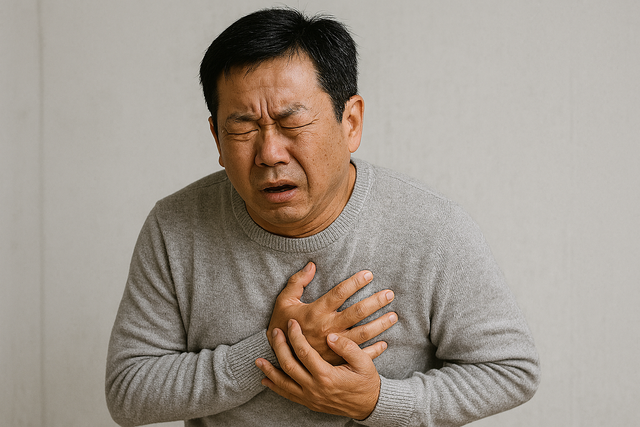
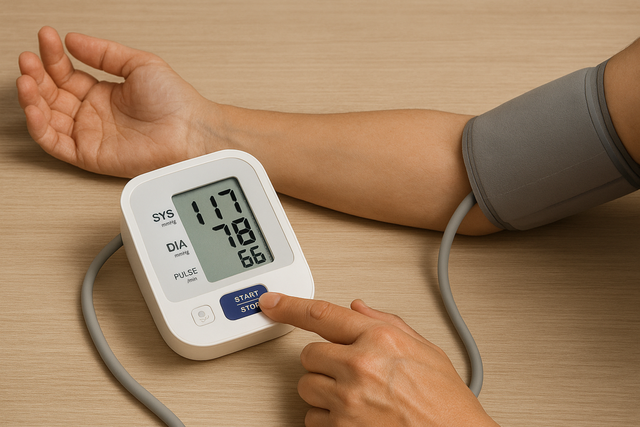


![[Photo] Cat Ba - Green island paradise](/_next/image?url=https%3A%2F%2Fvphoto.vietnam.vn%2Fthumb%2F1200x675%2Fvietnam%2Fresource%2FIMAGE%2F2025%2F12%2F04%2F1764821844074_ndo_br_1-dcbthienduongxanh638-jpg.webp&w=3840&q=75)





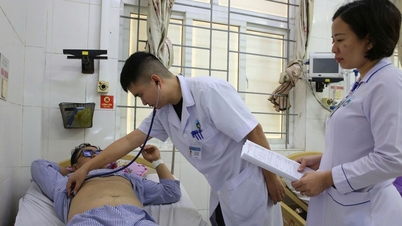

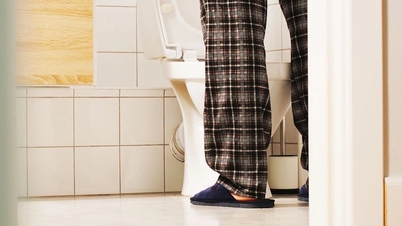

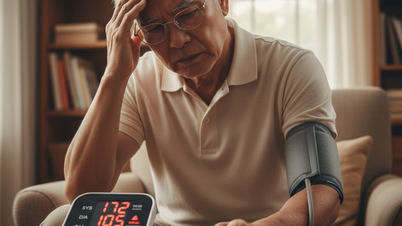

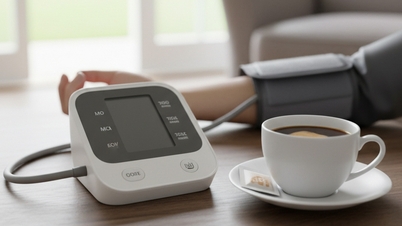
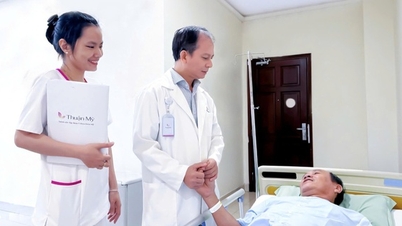


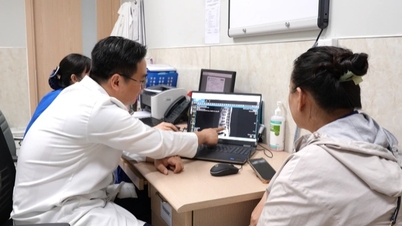
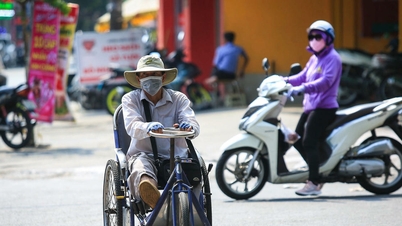


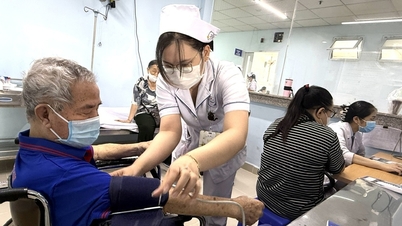

















































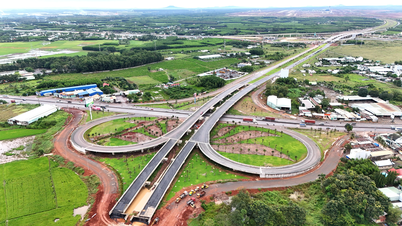



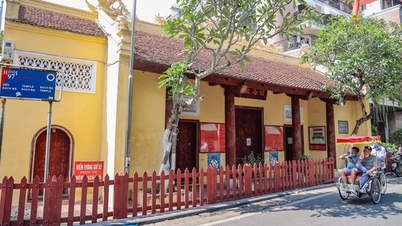












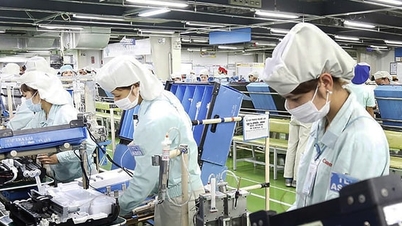















Comment (0)